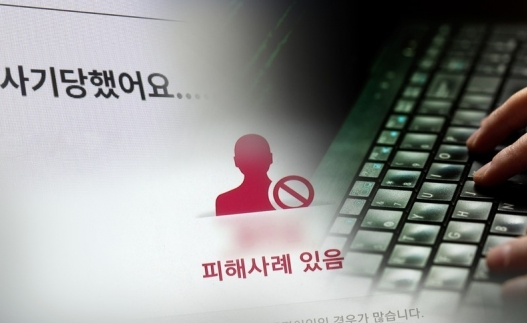
Seoul, South Korea – The COVID-19 pandemic has led to a significant shift in the tactics and targets of online shopping scams, according to a new analysis by the Seoul Metropolitan Government.
The Seoul e-commerce center has been tracking fraudulent online shopping malls since 2005 and found that the timing and types of scams have changed dramatically since the pandemic began.
Before the pandemic, most fraudulent online shopping malls were detected in January and September, coinciding with major holidays like Lunar New Year, Chuseok, and Christmas. However, since 2020, the peak detection period has shifted to June and July. The city attributed this change to the increased demand for outdoor activities and related products, such as golf and camping gear, during the pandemic.
The types of items targeted by scammers have also evolved. While clothing, shoes, and gift certificates were common targets before the pandemic, the focus has shifted to shopping mall side hustles, sports and leisure goods, and personal sales scams. The surge in shopping mall side hustle scams, where victims are lured into buying products with promises of rewards for writing reviews but never receive the promised compensation, has been particularly noticeable since the pandemic.
Seoul officials believe that the economic downturn caused by the pandemic, with rising prices and interest rates, has made people more vulnerable to scams promising easy money. The city also noted a shift in the methods used by scammers to reach potential victims. While search engines, price comparison websites, and spam emails were common tactics before the pandemic, scammers have increasingly turned to open market platforms, peer-to-peer trading platforms, text messages, and social media.
The analysis also revealed a concerning trend of fraudulent websites impersonating well-known online retailers and using overseas servers. In 2022 and 2023, the city identified 33 and 32 cases, respectively, of websites falsely claiming to be popular online marketplaces. Moreover, out of the 77 fraudulent shopping malls detected this year, 72 were found to be hosted on overseas servers, making them difficult to shut down.
[Copyright (c) Global Economic Times. All Rights Reserved.]






























